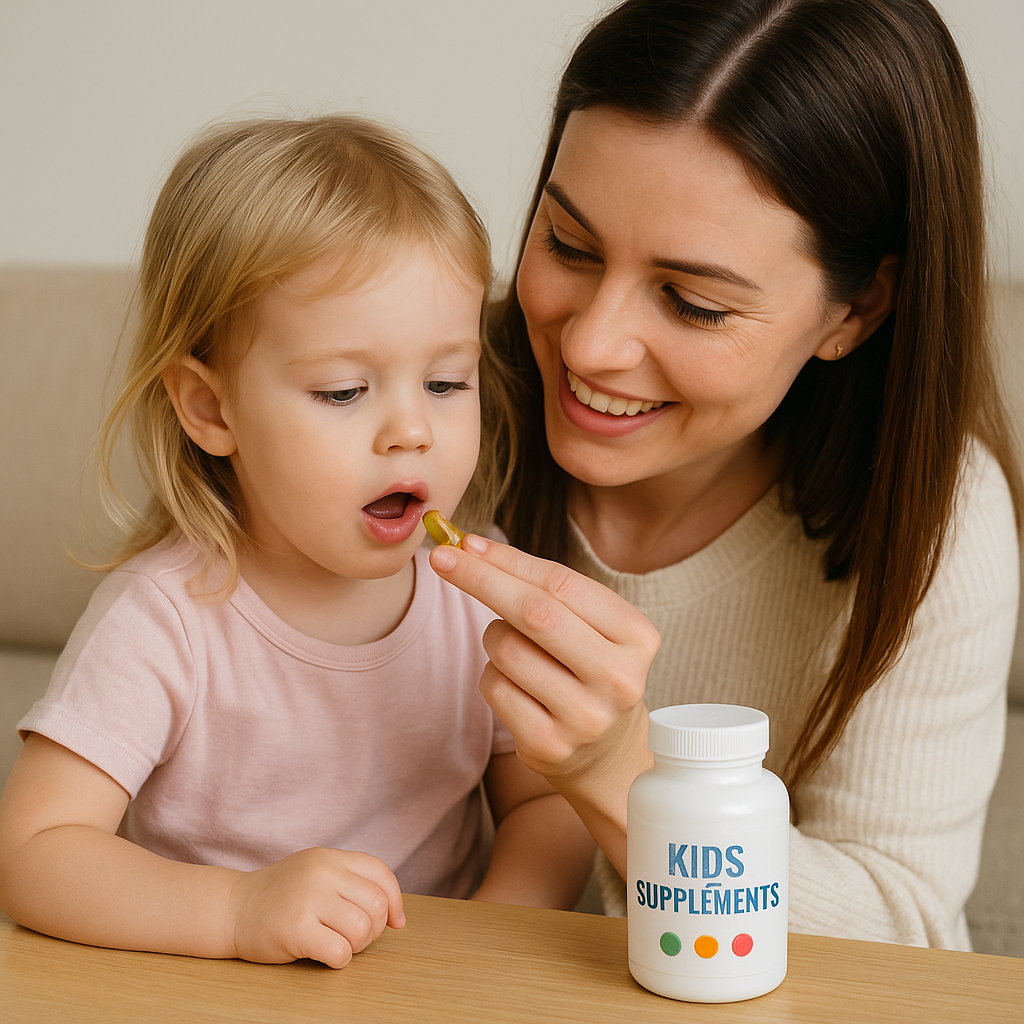
When Should Kids Start Taking Supplements?
Share
🧸 1. A Common Parenting Question
As parents, we often wonder: “Should my child be taking supplements? And if so, when is the right time to start?”
This question doesn’t have a one-size-fits-all answer—but there are useful clues to help guide your decision.
Supplements aren't just about “fixing” something; they’re also about supporting your child’s growth when diet alone isn’t enough. Especially during early childhood, when picky eating and food refusal are common, some nutrients may fall short.
🥦 2. What to Watch For in Early Childhood
Between the ages of 1 and 5, children go through big changes in appetite and food preferences.
It’s completely normal for toddlers to reject vegetables one day and love them the next. But if your child consistently avoids certain food groups—especially fruits, leafy greens, dairy, or proteins—nutrient gaps can occur.
Here are some signs it may be time to consider a supplement:
-
Limited variety in their daily meals
-
Low energy or frequent illness
-
Known deficiencies (e.g., iron or vitamin D)
-
Dietary restrictions (e.g., vegan, dairy-free, food allergies)
🩺 3. What Pediatricians Recommend
Most pediatricians agree that a well-balanced diet should come first. But when that’s not possible, supplements become helpful.
According to the American Academy of Pediatrics, vitamin D and iron are two common supplements recommended in early childhood. Children who don't get enough from food or sun exposure may need additional support.
Your child’s doctor can assess their growth, development, and bloodwork to determine if supplementation is a good idea.
🍓 4. Choosing the Right Time and Type
If you're just starting out, it’s best to start simple.
Look for age-appropriate multivitamins in forms your child will enjoy, such as gummies or liquids. Avoid anything with artificial colors or high sugar content.
Some parents prefer starting supplements as soon as their child weans off formula; others wait until preschool age. There’s no perfect moment—the best time is when you feel confident and supported in the choice.
Try linking supplement time to daily routines like brushing teeth or breakfast. That makes it easier to build a lasting habit!
💛 5. Supplements as a Part of Daily Care
Starting supplements shouldn’t feel stressful—it should feel like a small, supportive step in your family’s wellness journey.
Remember: supplements are not a replacement for a healthy diet. They’re simply a helping hand when real life gets messy. Whether your little one is going through a picky eating phase or you’re just aiming to boost immunity during flu season, timing your supplement start wisely makes all the difference.
